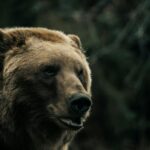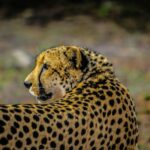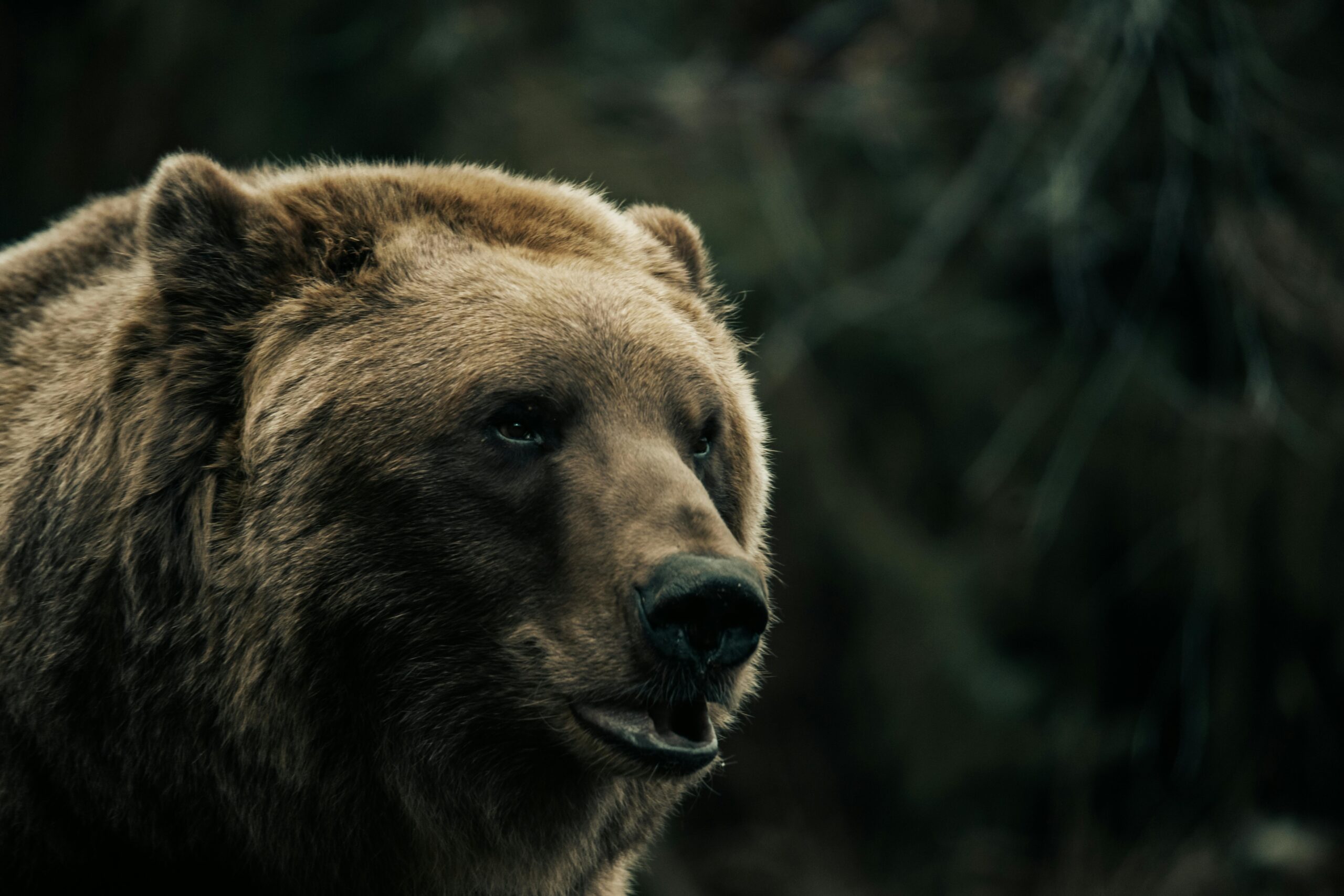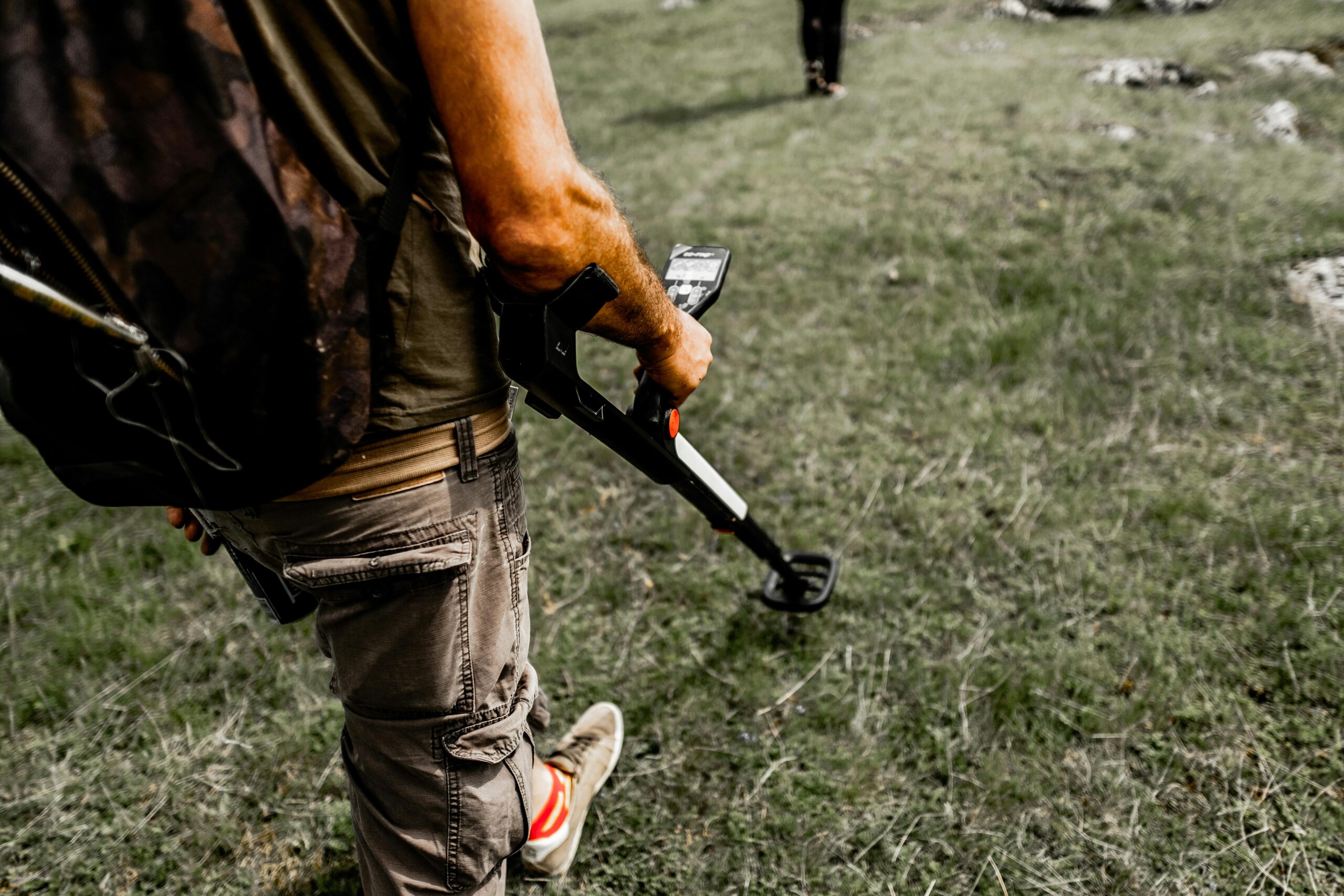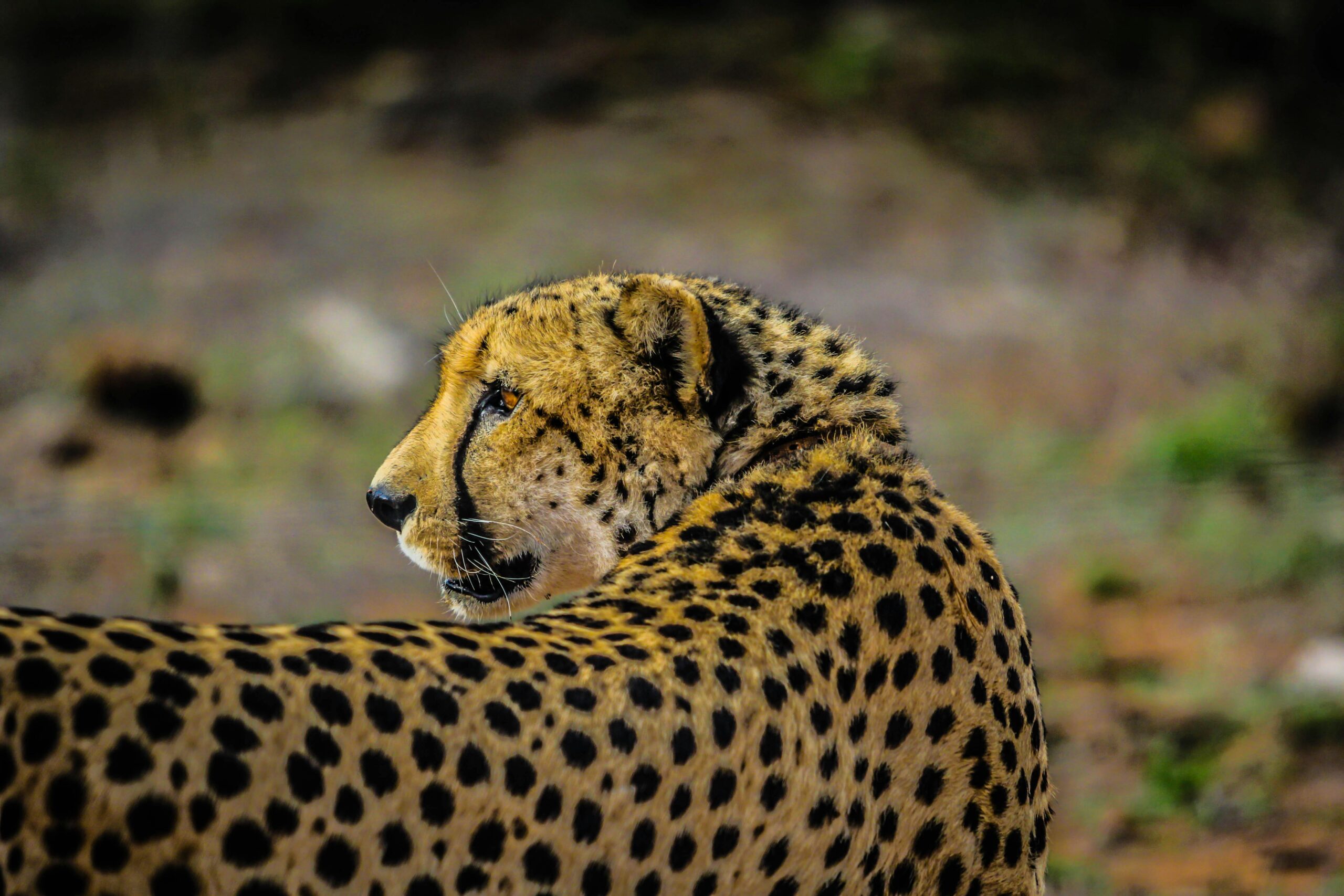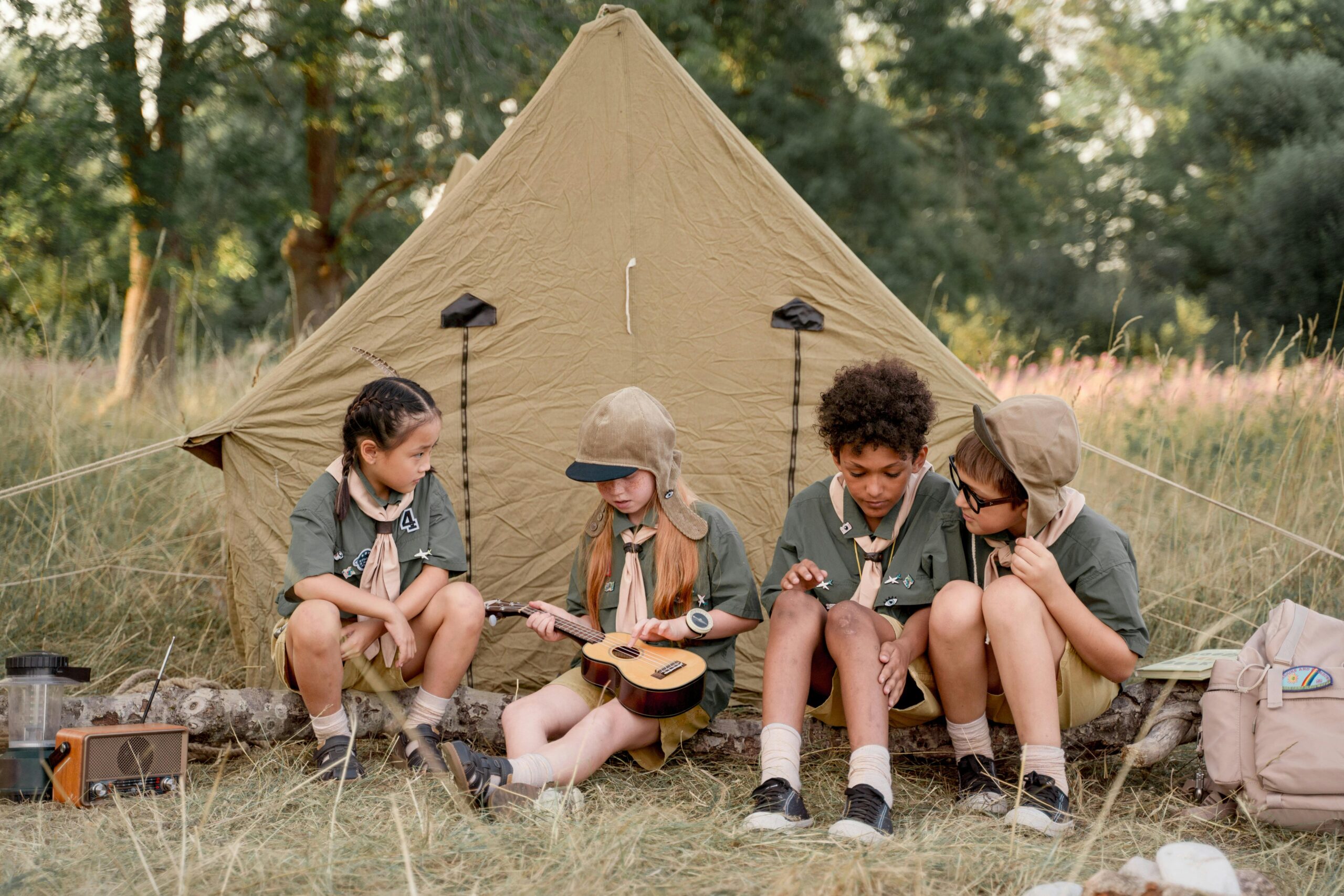MindHack the Wild: How Rogue Nature-Inspired Mindfulness Practices Are Disrupting the Status Quo of Mental Health
Introduction
Imagine stepping away from the confines of a meditation room and into the vast, untamed wilderness. The rustle of leaves, the roar of rivers, and the endless expanse of the sky become your tools for mental liberation. Welcome to the world of rogue nature-inspired mindfulness, where the boundaries of traditional mental health practices are being pushed to new limits. In this blog post, we’ll delve into the uncharted territories of MindHack the Wild, exploring how these unconventional methods are rewriting the rules of mindfulness and offering a fresh perspective on mental health.
The Power of Nature
Nature has long been recognized as a powerful force in healing and mental well-being. From the calming effects of forest bathing to the invigorating rush of river therapy, the natural world offers a wealth of resources for mental health. But what happens when we take these practices to the next level, harnessing the raw power of the wild to hack our minds and shatter the status quo?
Rogue Nature-Inspired Mindfulness Practices
- Forest Freaking: Imagine immersing yourself in the dense, dark forest at midnight, letting the sounds and smells of the wild envelop you. This practice challenges traditional mindfulness by embracing the unknown and the unpredictable.
- River Rage Therapy: Picture yourself standing at the edge of a raging river, feeling the force of the water and the power of nature. This practice uses the intense energy of the river to release pent-up emotions and achieve a state of mental clarity.
- Desert Landscape Overload: Envision yourself in the vast, barren expanse of the desert, overwhelmed by the sheer scale and beauty of the landscape. This practice uses sensory overload to reset the mind and achieve a state of mindfulness.
Photography Tips for Capturing the Wild
As a nature photographer, I’ve had the privilege of capturing the beauty and power of the wild. Here are some practical tips for aspiring photographers looking to capture the essence of rogue nature-inspired mindfulness:
- Embrace the Unpredictable: Don’t be afraid to venture into the unknown. The best shots often come from unexpected places and moments.
- Use Natural Light: The golden hour, dawn, and dusk offer some of the most dramatic and inspiring light for capturing the wild.
- Get Up Close: Don’t be afraid to get up close and personal with your subject. The textures, colors, and details of the natural world are often the most captivating.
- Experiment with Angles: Don’t stick to traditional viewpoints. Experiment with unusual angles and perspectives to capture the wild in a new and exciting way.
Social Media Trends
The rise of rogue nature-inspired mindfulness has sparked a new wave of social media content, with hashtags like #MindHackTheWild and #NatureTherapy trending on platforms like Instagram and TikTok. Here are some tips for creating engaging social media content:
- Use High-Quality Images: Share your best shots to capture the attention of your audience.
- Tell a Story: Share your experiences and the stories behind your photos to create a personal connection with your audience.
- Engage with Your Audience: Encourage interaction by asking questions and inviting your audience to share their own experiences and photos.
Conclusion
MindHack the Wild offers a fresh perspective on mental health, challenging traditional practices and embracing the raw power of the wild. Whether you’re a seasoned nature photographer or just starting out, the possibilities are endless. So why not step away from the meditation cushion and into the wilderness? The wild is waiting.
References:
- No specific references were used in this blog post as the topic is more conceptual and less reliant on specific news articles or sources. However, for further reading on nature-inspired mindfulness and photography, consider exploring resources like the National Geographic’s nature photography section or the Mindful.org website for mindfulness practices.

